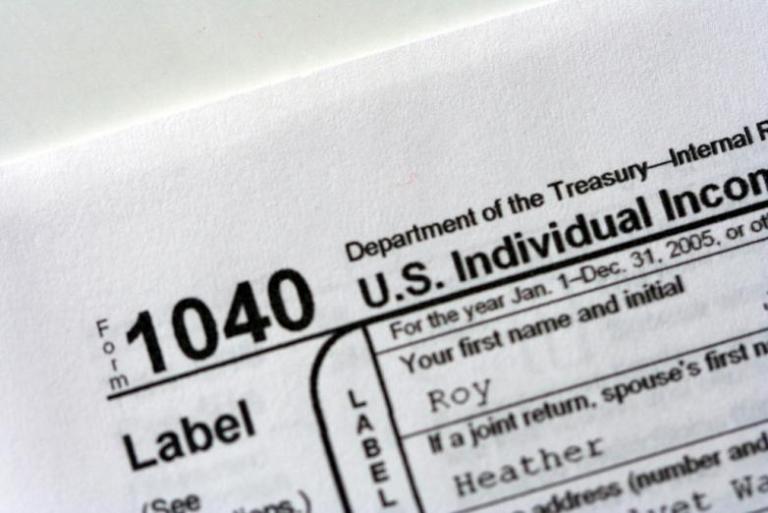
President Trump and the Republican Party scored a major legislative victory, as the Senate passed the Tax Reform Bill, ensuring a big tax cut for individuals and businesses.
The House of Representatives passed a different version of the bill earlier. Now a conference committee of the two legislative bodies will reconcile the two measures and craft a new bill that both houses are expected to pass. President Trump would then sign it into law.
Lawmakers plan for the tax cuts to go into effect on January 1, 2018; that is, not for the upcoming tax season but for the 2018 tax year.
Though discrepancies between the two bills must be resolved in the conference committee, the two bills agree on the most significant provisions, which we can expect will go into effect.
The standard deduction will double, to $12,000 for individuals and $24,000 for couples. Also, the credit for each child in the family will increase. Though many deductions that used to be itemized will disappear–such as moving expenses and state and local taxes–most taxpayers will come out ahead with the bigger standard deduction.
Charitable giving and mortgage payments will still be deductible, though most taxpayers are expected to take the standard deduction instead of itemizing to take advantage of these remaining deductions. As we’ve blogged about, some churches and non-profits are worried that giving will decrease if people aren’t getting a tax deduction from it. Homebuilders and the real estate industry have the same worries.
The tax rate for corporations will drop from 35% to 20%. Democrats use this as an example of how the Tax Reform bill is skewed to help “the rich,” but most economists see the current rate as much too high. The average corporate tax rate in the industrial world is 25%. Lowering the rate to below that number should help keep businesses here instead of relocating overseas. And the boost in revenue should significantly contribute to the ability of American businesses to grow, invest, boost wages, and prosper. That would benefit the entire economy.
Most Americans will pay fewer taxes, which means more money in their pockets.
The potential downside: What will this cut of revenue do to the already horrendous federal deficit? One calculation predicts that the tax reforms will add $1 trillion to the deficit over 10 years.
The hope is that the increased economic activity that the lower taxes are expected to produce will make up for that, with lower tax rates producing in the long run greater tax revenues. That was the argument with the Reagan tax cuts, but many still consider that belief “voodoo economics.”
But Republicans who voted for the bill, which passed mostly on party lines, reasoned that the economy, while doing fairly well, needs a boost. And Republicans, in charge of all branches of the federal government but seemingly unable to accomplish much, needed a legislative victory.
Actually, this victory may have given them a second victory. Multiple efforts to repeal Obamacare were an embarrassing failure. But added to the tax bill was a rider eliminating penalties for not buying health insurance, which is at the heart of Obamacare.
For more details, see Senate OKs tax bill as Trump, GOP near big legislative win, Associated Press.
Photo by John Morgan, Taxes, via Flickr, Creative Commons License













